May 7, 2008 By Dr. Goh Ban Lee
WITH about 40 local authorities having or about to have new councillors as a result of the change of governments in Kedah, Penang, Perak and Selangor, the selection of councillors has generated considerable attention. Unfortunately, the focus has been on representation while the more important issue -- qualities of good councillors -- has been largely ignored.
In Penang, for instance, the state government is being criticised for appointing only seven councillors from non-governmental organisations (NGOs) when it promised 10 and that out of the seven, five are from business interests.
The Perak state government declared that a third of the councillors would be non-political appointees, preferably "professionals, businessmen and academics".
In Selangor, an 8-8-8 formula has been bandied about, indicating that of the 24 councillors in each of the 12 local councils, there should be eight political appointees, eight representatives from NGOs and eight from among the professions.
While the new state leaders should be commended for looking beyond their parties in the appointment of councillors, the notion that NGOs must be represented in the councils to champion their special interests must be moderated. The hawkers have declared that they should be represented, so have the engineers. Soon, landscape architects, kacang-putih sellers and buskers would be fighting to be represented. There will be no end in accommodating representatives of interest groups.
Councillors should represent all residents, not interest groups.
There is also too much emphasis on appointing professionals. The Local Government Act does state that those "who have achieved distinction in any profession" be appointed as councillors; but it also mentions those in "commerce or industry, or are otherwise capable of representing the interests of their communities".
There are, of course, professionals who are or can be good councillors. While academic achievements are desirable, it is wrong to believe that professional qualifications are crucial factors.
Local council issues are not rocket science or brain surgeries. They are everyday needs: cleanliness, flowing drains, pleasant parks, safe streets, wet markets, convenient shopping centres and food arcades, walkways, parking bays and facilities for the physically handicapped and senior citizens.
As such, an important attribute of good councillors, besides a desire to serve the society, is an understanding of the needs, wants and frustrations of the rate-payers. They must have an approachable demeanour and be able to relate with people of diverse interests.
A good example is Tham Weng Fatt, a DAP appointee in the Penang Island Municipal Council. He has taken an interest in the workings of the council even when it was under the control of Barisan Nasional.
Local councillors are not required to propose technical solutions. These are the jobs of the professional officers or consultants. But they need to have the ability to understand proposals and relate them to the needs of the people. Although this does not require the intelligence of Einstein or PhD. degrees or professional qualifications, it demands basic education, at least an equivalent of Sijil Pelajaran Malaysia.
In this regard, they also need the skills to get their ideas and views accepted. When arguments fail, they must possess the wisdom to compromise and strike a "happy" balance of different needs in a society of diverse interests.
Good councillors must also have the time to attend three to five meetings a week. Then there are the social functions and visits to neglected areas. This does not include the time to read and understand pages of usually boring notes and proposals.
Unfortunately, time is something very precious to successful professionals and businessmen.
Despite their legislative role, there are very few occasions to pass new by-laws or development plans. On the contrary, councillors have been and will be confronted with appeals and pressures to help those who cannot or do not want to comply with municipal rules and regulations. Good councillors need to have the integrity to do what is right.
Sadly, the lack of integrity has led many councillors to interfere with the enforcement of development plans and by-laws. The high incidence of non-compliance with rules and regulations is the biggest factor for less than pleasant urban environment.
The benefits and "costs" of being councillors will have to wait. Meanwhile, it is useful to note that councillors get an allowance of between RM500 and RM1,000 per month. There is no pension or gratuity or local travelling expense. With so many wanting to be councillors, looks like volunteerism is very much alive in Malaysia.
Dr Goh Ban Lee is a retired academic interested in urban governance, housing and urban planning. Comments: mail to:feedback@thesundaily.com.
Subscribe to:
Post Comments (Atom)


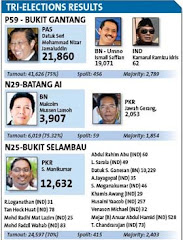

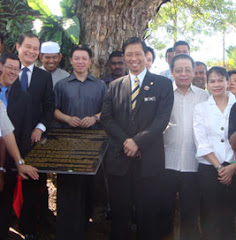
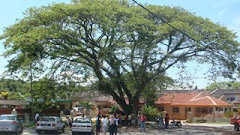
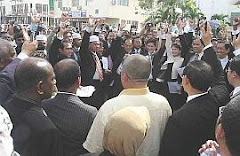
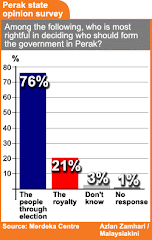

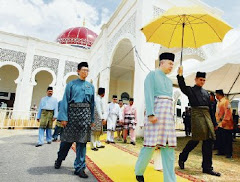
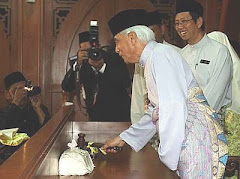
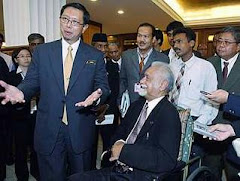
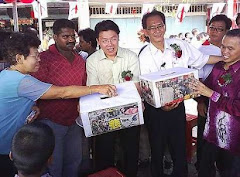



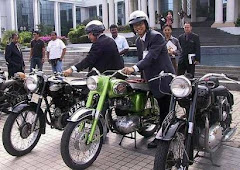
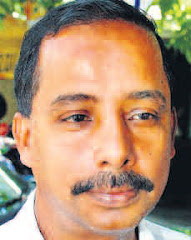
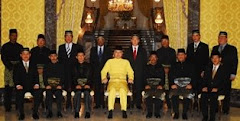

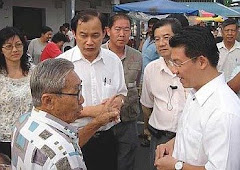
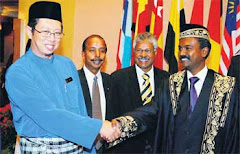
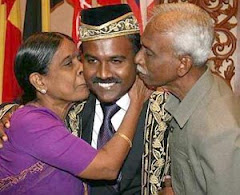
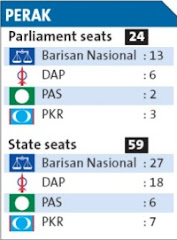

No comments:
Post a Comment